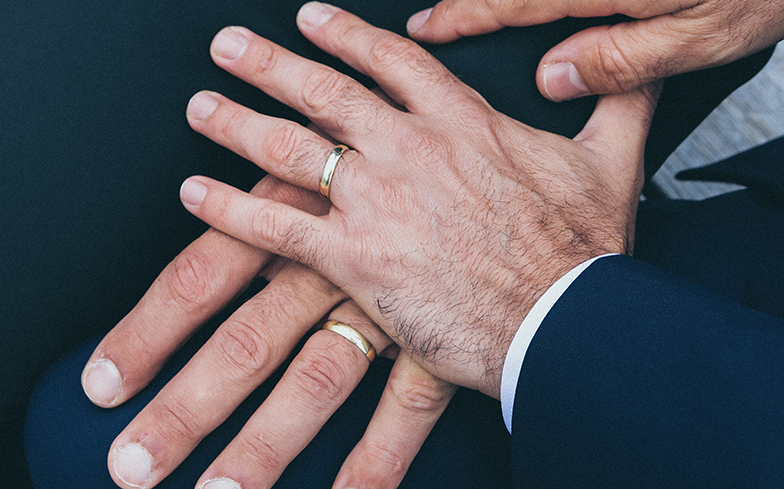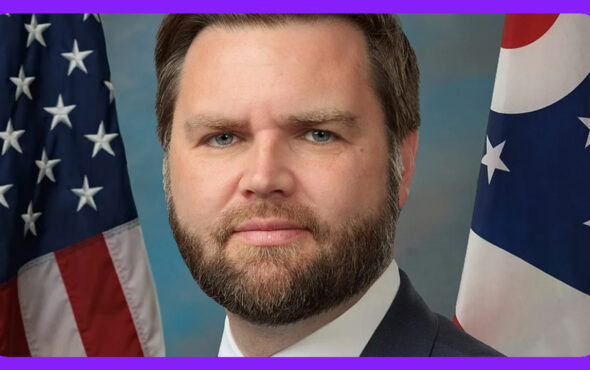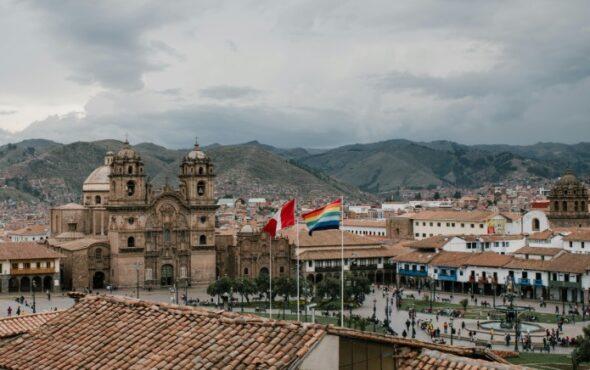
Earlier this month, the Inter-American Court of Human Rights (CIDH) ruled that several countries it has jurisdiction over should treat same-sex couples “without discrimination.”
The landmark ruling is legally binding in 20 countries across the Caribbean, Central and Southern America, but each territory will have different plans in how they will implement the decision.
Costa Rica had stated that they will comply with the court’s decision, and so Mario Arias and Roberth Castillo got to work planning to get married at the earliest possible opportunity.
The couple set the date for the Saturday just gone (20 January) and planned to tie the knot in a gay bar in San José.
However, with just 24 hours before they hoped to make their vows, a Costa Rican government agency blocked the wedding from happening.
On Thursday, the Superior Council of Notaries (CSN) held a meeting to discuss the CIDH ruling, and subsequently banned notaries from registering marriages between couples of the same sex.
“We found out yesterday night,” Mario told La Nación. “We were surprised that it was an extraordinary session, we were quite shocked, and our notary told us it would be best to postpone the marriage.”
@MarioAriasCh #CocaColaEnMcD @cocacola_cr pic.twitter.com/mihwF8jQXb
— Roberth Castillo (@Roberthcstllo) September 20, 2015
Roberth added: “My message to all the couples that were waiting to get married is that we are sure that this will happen and that you will also get married, just as we are going to get married.”
The couple plan to appeal the CSN’s decision with the Constitutional Court, and Costa Rica’s Minister of Justice Marco Feoli has also reminded the body that CIDH’s ruling is legally binding.
“The Superior Notary Council’s ruling not only contradicts the [CIDH’s] opinion, but also the position of the Executive,” he wrote.
Elsewhere, the court ruling could still face some obstacles, least of all in Barbados, where same-sex activity is still punishable by life imprisonment, although this is usually not enforced.
Although same-sex activity is legal in the Dominican Republic, Haiti, Paraguay and Peru, there are no laws preventing discrimination against LGBTQ people.
Related: There’s a surge of anti-LGBTQ hate taking over Paraguay
The court recommended that these rights should be locked in with temporary measures, while the governments go through the process of making them permanent.
The ruling also called on the countries to allow transgender individuals to change their names on identity documents.
This move mirrors the great strides made in LGBTQ equality made in Southern America in recent years, as Colombia legalised same-sex marriage back in 2016, and the Chilean government introduced a bill to legalise same-sex marriages and adoptions last year.



